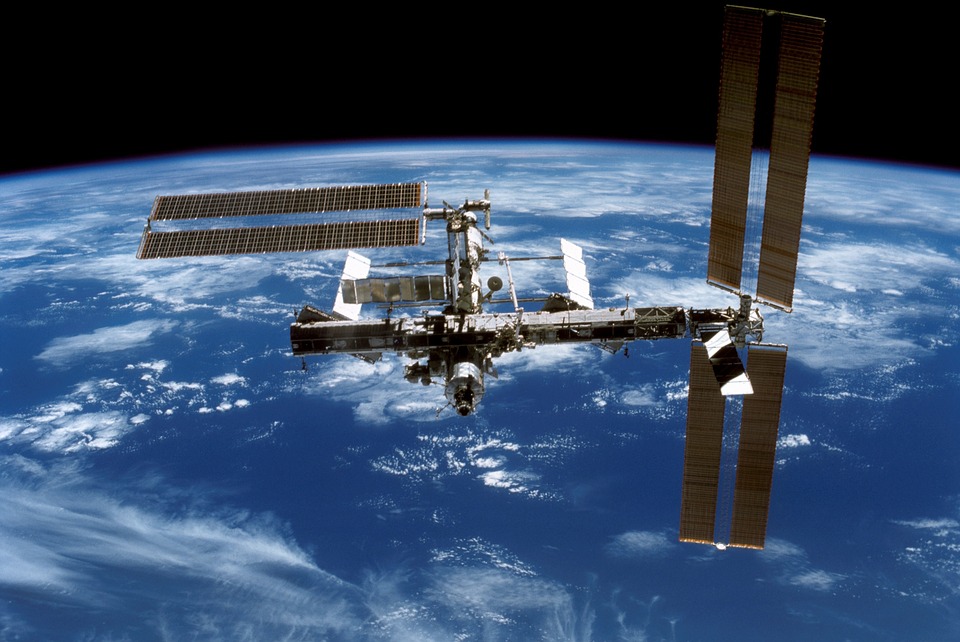International Space Station infested with Bacteria, says NASA
The microbes on the ISS were mostly human-associated. The most prominent bacteria were Staphylococcus, Pantoea and Bacillus.

A team of NASA scientists have discovered that the International Space Station (ISS) has become a breeding ground for disease-inducing bacteria. Specific microbes in indoor spaces on Earth have been shown to impact human health
Many of the organisms are known to form both bacterial and fungal biofilms that promote resistance to antibiotics. NASA explained that the biofilms' ability to cause microbial-induced corrosion on Earth could also damage the ISS infrastructure by causing mechanical blockages, Engadget reported.
These microbes come from humans and are similar to the ones in gyms, offices, and hospitals, and include some pathogens commonly found on the skin, nasal passage, and human gastrointestinal tract.
The microbes on the ISS were mostly human-associated. The most prominent bacteria were Staphylococcus, Pantoea and Bacillus.
These microbes can cause diseases back on Earth. However, it is unclear if they will have a similar effect on the ISS’ inhabitants.
Given that astronauts have altered immunity during spaceflight and do not have access to sophisticated medical interventions available on Earth, NASA’s latest study on the existence of microbes lurking on the ISS will help in devising safety measures for astronauts and long-term space travel.
- READ MORE ON:
- International Space Station (ISS)
- microbes
- NASA
- germs
- ISS










